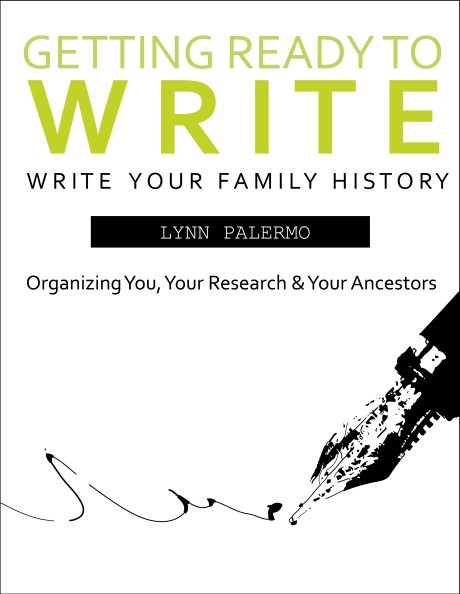Before you begin to write your family history stories, you have a couple of decisions to make. One of those decisions: What kind of nonfiction narrative do I wish to write?
Family History Narrative Using Third Person
In this format your ancestor is the main character of your story, he has a conflict in his life, and he overcomes obstacles towards a resolution. He has a goal, and the obstacles are keeping him from that aim. This objective may take many shapes, emigration, finding a job, surviving a war, starting a family, owning land, love, fortune, fame. The list is as plentiful as our ancestors. The story is the journey to overcome the obstacles standing in the way of the goal. The story serves as a vehicle to share your family history research in an entertaining format rather a dry summary of facts.
Family History Memoir Using First Person
You as the storyteller and your ancestor, as the main protagonist, share the story. Your ancestor struggles with a conflict towards an end goal, much like in the first-person narrative above. In addition, you, the narrator struggles to find records or understand decisions your ancestors made, uncover a family secret or dispel folklore and correct misinformation. This format provides you with the opportunity to reflect, offer an opinion, and share your theories and speculations.
 The two stories, your genealogical journey, and your ancestor’s story are weaved together to create an engaging tale for your readers.
The two stories, your genealogical journey, and your ancestor’s story are weaved together to create an engaging tale for your readers.
Both formats will enlist the help of narrative nonfiction to craft those stories.
You’ll often hear me refer to the tools of creative nonfiction or narrative nonfiction. Creative nonfiction is the genre closest to fiction in its structure, but unlike fiction, in that, every detail must be factually true.
Lee Gutkind, nonfiction writer, and author of You Can’t Make This Stuff Up, sums it up best.
“ The words “creative” and “non?ction” describe the form. The word “creative” refers to the use of literary craft, the techniques ?ction writers, playwrights, and poets employ to present non?ction—factually accurate prose about real people and events—in a compelling, vivid, dramatic manner. The goal is to make non?ction stories read like ?ction so that your readers are as enthralled by fact as they are by fantasy.”
Your job as a family history writer is to tell and educate the reader while at the same time entertaining them. Many may write family history using nonfiction to present their research. However, the use of creative nonfiction offers the writer the ability to use a narrative arc, with scenes, setting, characterization and description to engage the reader in the story. The goal is to help your reader make an emotional connection with your ancestor through your words.
You still need extensive research to support your story. You remain faithful to the facts, but in using the tools of creative nonfiction, you give a rich, engaging and entertaining story that will capture the interest of your family. It is no longer enough to offer a narrative summary and hope someone will read it. We must deliver a story that brings the reader along on a journey.

